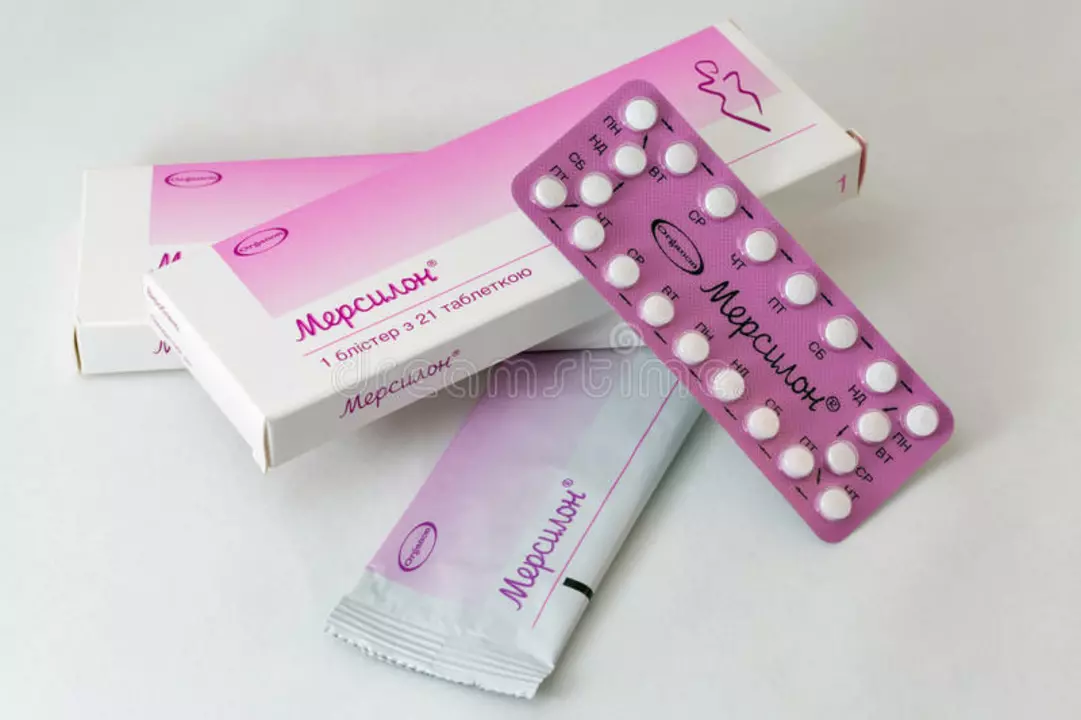Athletic Performance: Practical Tips, Safe Supplements, and Recovery
Want to get faster, stronger, or recover quicker without risking your health? Athletes chase small wins — that extra rep, the faster split, the clearer recovery. This page pulls practical tips you can use today: what supplements help, how to fuel workouts, and when to worry about medication interactions or side effects.
Supplements that actually help
Skip the hype. Three supplements with solid evidence are: creatine for strength and short bursts of power; caffeine for focus and endurance when timed before workouts; and whey protein for faster muscle repair when taken after training. Use standard doses: creatine 3–5 g daily, caffeine 3–6 mg/kg before exercise, and 20–30 g protein per serving post-workout. If you have medical conditions, talk to your doctor—some drugs change how your body handles supplements.
Be careful with products that promise dramatic results. OTC insulin-resistance supplements or exotic herbal blends can interact with prescription meds like metformin or blood thinners. Our site articles on supplements and metformin give clear comparisons and safety tips that apply to athletes managing weight or metabolic issues.
Training, recovery, and real-life tips
Structure matters more than fancy gear. Mix high-quality sleep (7–9 hours), a planned mix of hard and easy sessions, and consistent protein across the day. For faster recovery, add active recovery days, foam rolling, and 20–30 minutes of low-intensity cardio. Hydration helps—aim for steady intake before, during, and after workouts, and adjust for sweat losses.
Small actions make a big difference. Track your training load to avoid sudden jumps that cause injury. If you travel for events, pack medications, copies of prescriptions, and a plan for keeping routines—our travel and swelling articles offer simple packing and timing hacks that help athletes stay on top of health while away.
Watch medication interactions. Some antibiotics, blood pressure drugs, or hormonal medicines can affect performance or recovery. For example, certain diuretics change electrolyte balance and could blunt endurance. If you take drugs for chronic conditions—like diabetes or cardiac rhythm issues—work with your clinician to adjust training and meds safely.
Testing and monitoring beat guesswork. Use basic metrics: resting heart rate, sleep quality, and how your lifts feel. If a supplement causes stomach upset, mood changes, or sleep loss, stop it and reassess. Always choose reputable brands and pharmacies when buying meds or supplements online; our guides explain how to spot trusted sources and how to order safely.
Want article recommendations? Check our write-ups on proven supplements, safe online pharmacies, travel tips for heart conditions, and practical guides on medications that athletes commonly ask about. Use smart choices, track results, and prioritize health over shortcuts—your performance will follow.
Also check for third-party testing like NSF or Informed-Sport, and avoid products with vague 'proprietary blends' that hide doses. Read labels closely for banned stimulants. Prefer pharmacies with clear contact info, real reviews, and professional oversight. If you compete, confirm any supplement is allowed by your sport's anti-doping rules before taking it. Ask a sports dietitian when unsure today.
Desogestrel-Ethinyl Estradiol and Its Impact on Athletic Performance
As a blogger, I've recently been researching Desogestrel-Ethinyl Estradiol and its impact on athletic performance. From what I've learned, this hormonal combination, often found in oral contraceptives, can have both positive and negative effects on athletes. On one hand, it can help regulate the menstrual cycle, reducing pain and discomfort during periods, which can be beneficial for maintaining consistent performance. On the other hand, some studies suggest that these hormones may lead to fluid retention and decreased muscle strength in some women. Overall, the impact of Desogestrel-Ethinyl Estradiol on athletic performance seems to vary among individuals, and it's essential to consult with a healthcare professional before making any decisions regarding its use.

